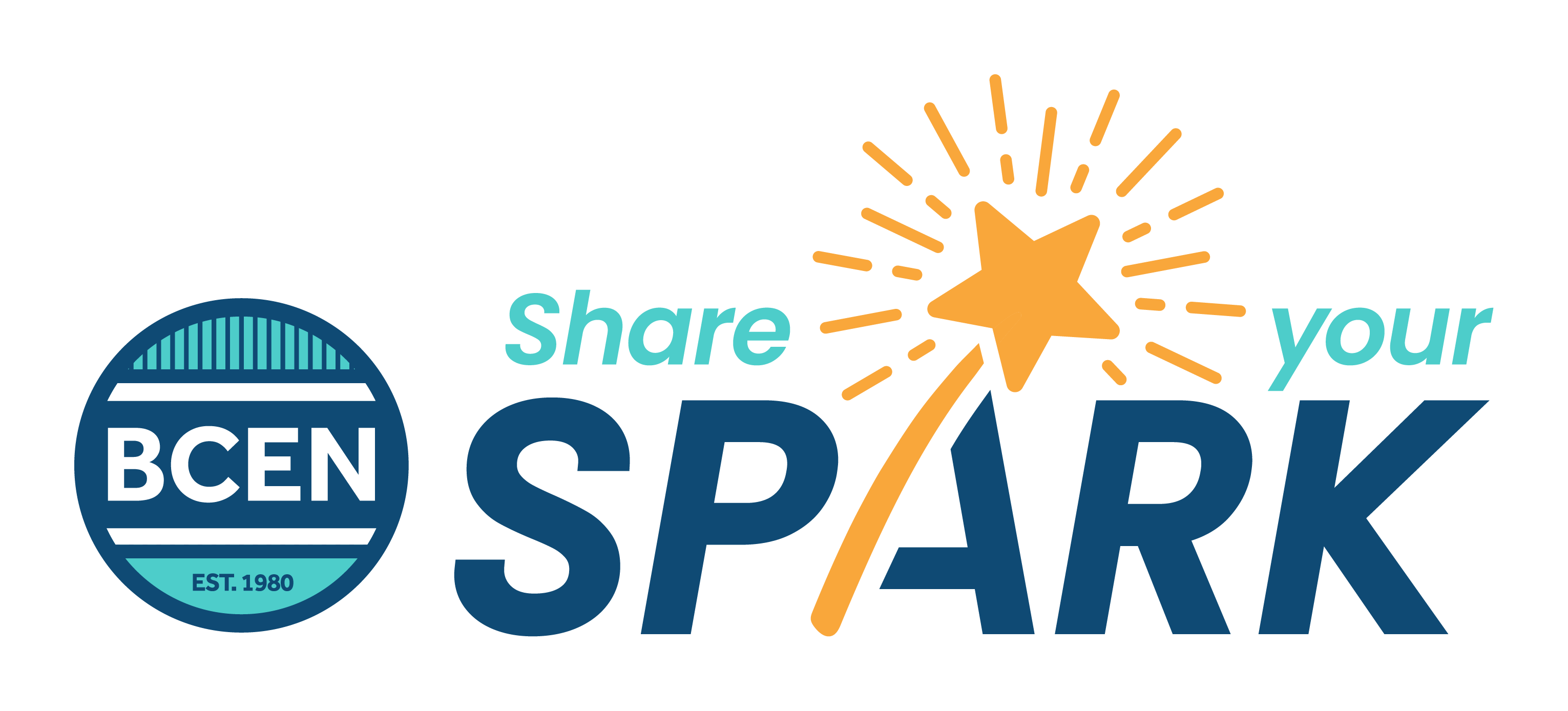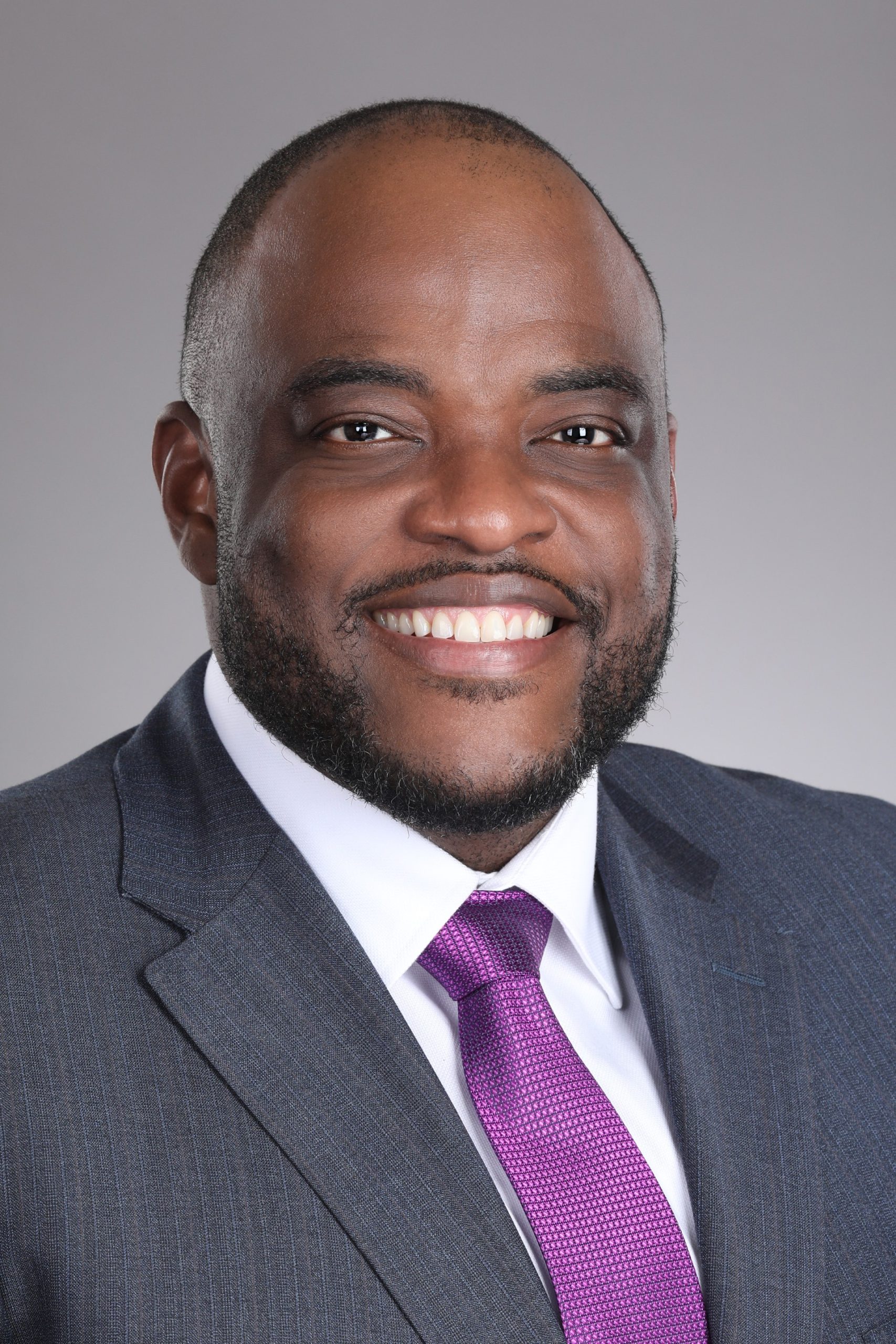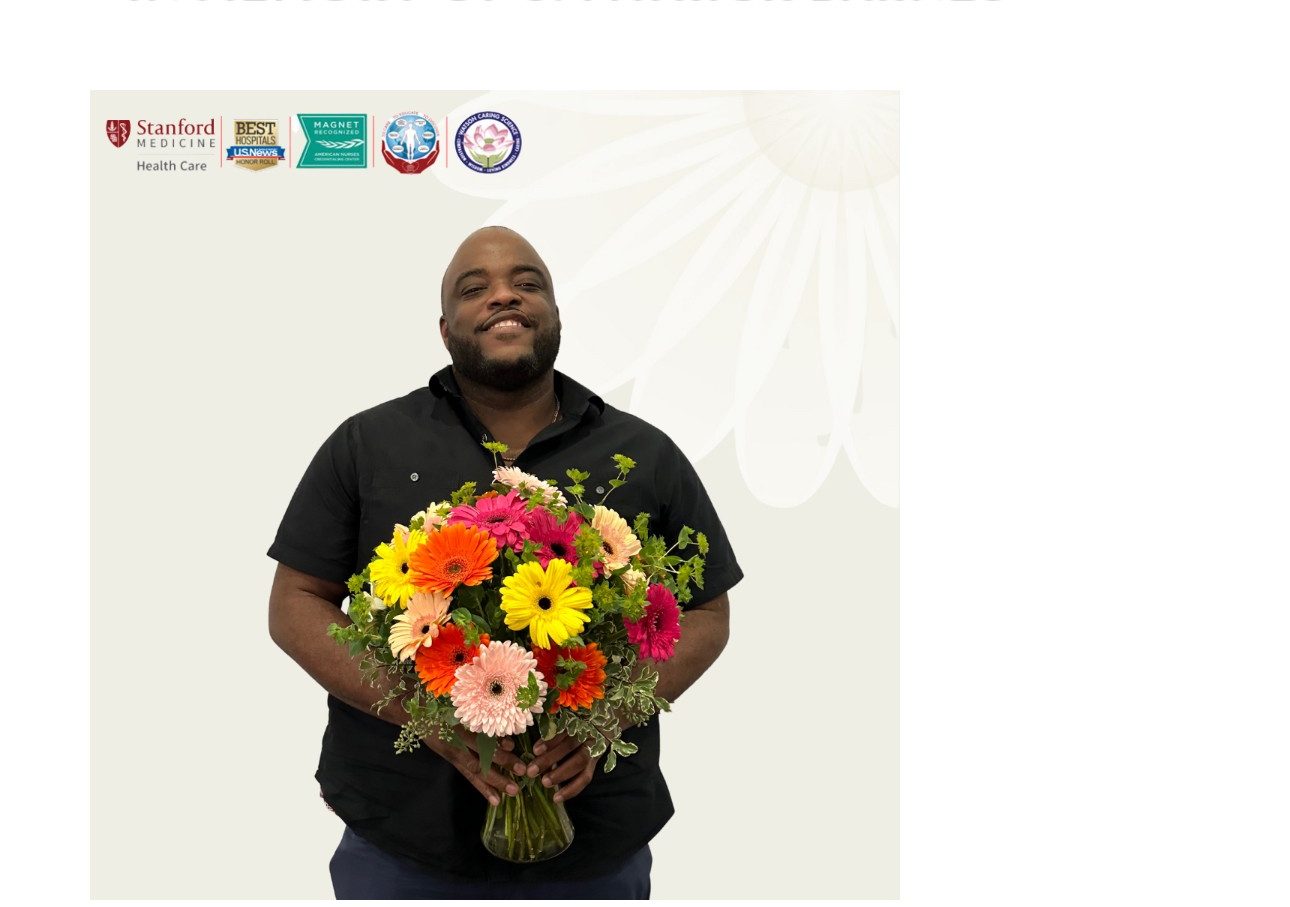
Our interview with Kims Plantin is the fifth installment of BCEN’s “Certified Spark” series, and we’re proud to feature it in our newsletter, on bcen.org, and on BCEN’s social channels. Will your story be next? Tell us your Certified Spark story.

Certified Spark: Seeking to Learn and Understand
Everyone’s nursing and certification journeys are unique, and Kims Plantin’s is no exception. Kims was born in Haiti, raised in Queens and Brooklyn, New York, and is fluent in Haitian Creole. He came to nursing by way of social work, worked as an LPN in nursing homes, jails and prisons, became an RN in Alaska, and didn’t pass the CEN on his first two attempts.
In this Certified Spark interview, Kims shares the career-shaping advice he got from his father and describes some pivotal lessons he learned along the way to becoming a seasoned, multi-certified, Daisy Award-winning ICU and emergency department RN and a respected mentor.
Seeking to Learn & Understand
After nearly a decade as a social worker, Kims became an LPN in 2012, then moved to Alaska to complete an accelerated RN program in 2014. He went on to work as a travel ED nurse before taking on his current roles at Stanford Medical Center and Kaiser. He earned his BSN in fall 2023, is completing his MSN and then will be starting a DNP, CRNA program in May 2025, and he holds multiple nursing specialty certifications.
That spells a lot of motivation, so we asked Kims what inspires him and why he opted to pursue multiple certifications.
Kims: My dad told me, once you have knowledge, no one can take that away from you. You have that for the rest of your life. When it comes to something that is as long-lasting and beneficial as certification—not only for you but for other people, I looked at how it would benefit my patients, and it’s something I would do a million times over. Specialty certification is invaluable, and I’ll take it with me wherever I go.
If at First You Don’t Succeed
Kims talked about how his decision to sit for the CEN exam very shortly after he became an RN in 2014 taught him an important lesson. He shared why he was intent on earning the CEN (which he did back-to-back with the TCRN), how his preparation was different, and his best advice for test-takers.
Kims: Not long after becoming an RN, I studied for a few weeks and took the CEN exam and didn’t pass – not once, but twice. This turned out to be a blessing in disguise, as it helped me realize the importance of on-the-job experience.
As the years went by, I felt like I was doing myself, my coworkers and my patients a disservice by not being certified. So I arranged to take two months off work, and I completed two CEN review courses.
My advice to new ED nurses wanting to take the CEN or any board certification is to take your time to study. Get some experience first and then take the exam. Don’t rush the process. The CEN exam is difficult because it encompasses emergency nursing from pediatrics to adults!
Getting Certified as a Seasoned RN
Kims had been an ED nurse for almost a decade and had more than a few years of trauma and ICU experience before earning the CEN, the TCRN and the CPEN in spring 2024. He talked about his thought process in pursuing these certifications.
Kims: ER nursing is kind of the same everywhere, with similar protocols for abdominal pain and chest pain, but it’s also not. As an ER nurse, we can see everything, but some things are regional. And as a travel nurse, you get very little onboarding, just brief training in charting.
As a travel nurse in Florida, we had a snake bite patient. Having studied for the CEN and knowing how to treat that definitely helped. I would not have been able to treat that patient the way I did. I was less nervous too. You don’t see snake bites or heat stroke in Alaska!
As for the TCRN and CPEN, being in the ICU of a Level I trauma center, we get a lot of trauma patients that get transferred to us. And in our ER, we see a lot of pediatric patients.
Certifying to Understand
Although he doesn’t work as a transport nurse or in a burn center, Kims also earned BCEN’s flight, ground transport and burn certifications. Kims talked about how his quest to understand his close colleagues was a game changer and how earning the CBRN made a difference for one very sick patient.
Kims: Being an ER nurse, you deal with a lot of EMS workers and paramedics. I did an ambulance ride along to see what they do. After passing the CEN, I decided to take the CTRN so I could see the other side. I learned a lot. It made me a better ER nurse because I know what they do, why they do it, and what they go through.
Everything makes sense now—what they tell me at the handoff and the condition of the patient, like maybe why their IV is set up a certain way. Because I have that knowledge, I’m more understanding and more patient, and that makes for a better working environment for everyone. But I wouldn’t have that perspective if I hadn’t taken the CTRN exam. And it was the same with the CFRN.
We don’t get burn patients all the time, but my last burn patient was very sick. While I work at a Level I facility, and we often transfer burn patients because we aren’t a burn center, we do see patients with burn injuries and have to stabilize them. And I now know how to.
When the patient came in, most of the staff had never dealt with a burn patient like this. I had just taken the CBRN test, and I remembered and knew what to do. It made me much calmer, and I was able to say to our team: “Here’s what we do ….”
So, it’s not a competitive thing at all. It’s really to provide better patient care.
Extremely Beneficial
We asked Kims about his personal experience of the value of being certified. He shared a lesson his supervisor taught him about why patients need to know more about nursing specialty certification.
Kims: It’s beneficial not only to me but to the public. It’s extremely beneficial.
I’m not the type of guy who’s going to wear a lot of pins on my badge. But after I earned several certifications, one of my ER managers pulled me aside one day and said you know you’ve got to put these on your badge. People need to know. So she took me to the security office and asked the security officer to list as many of my credentials on my badge as they could.
In her doing that, I realized that when patients look at your badge and ask what the letters mean and when you explain, it really makes them feel safe and feel like you know what you’re doing as a nurse. It makes them confident in your care—in the care that you’re providing them.
They Trust You Even More
We asked Kims whether his credentials changed how others perceived him.
Kims: In my experience, the doctors trust you even more. In the ER, you can make a lot of decisions on your own, and do a lot of things based on protocols. But having the certifications, and with the residents and attendings knowing you have them, they think: “This guy knows what he’s doing.” They trust you because a lot of them are board certified, and they know what you went through and what it means to be board certified.
A Better, Safer Nurse
As our conversation came to a close, we asked Kims if he had anything else to add.
Kims: I like the fact that you have to recertify because you have to keep up, things change, medicine changes. Recertification is super important. For me, it builds confidence in me, my skills, my patients, and my colleagues—and it makes you a better, safer nurse.
Read Kims’ Daisy Award write-up here.


